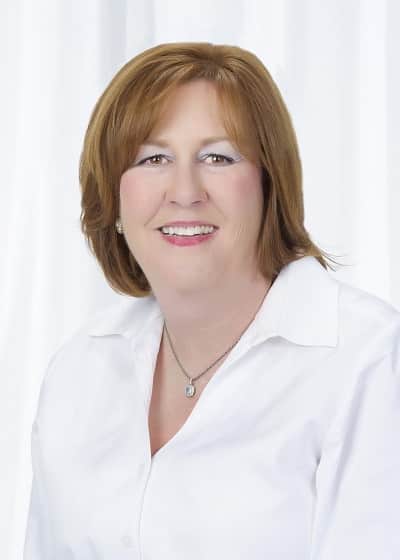Profile: Mary Covington on the Forefront of Specialty Courts
 The numbers are staggering. More than 75 percent of those involved in criminal justice have some form of substance use disorder. No one knows this better than Mary Covington, Court Manager for Harris County’s specialized docket, Responsive Interventions for Change (RIC) with Judge Brock Thomas.
The numbers are staggering. More than 75 percent of those involved in criminal justice have some form of substance use disorder. No one knows this better than Mary Covington, Court Manager for Harris County’s specialized docket, Responsive Interventions for Change (RIC) with Judge Brock Thomas.
In 2016, RIC started working with defendants with non-violent, low-level offenses that kept recycling through jail because of their substance use disorders. In the past, they might have received a little treatment, or none at all, which landed them right back into the system.
Covington is no stranger to specialty courts. She has been involved from the start when Houston launched STAR Drug court in 2003. She also currently serves on the Board of Directors of the Texas Association of Specialty Courts.
“We started looking at how we could work with this population differently,” states Covington. “Since substance use was the root cause of their offenses, let’s offer addiction treatment with community supervision. Let’s give them the tools they need to recover and let the court stop throwing in the towel when they showed signs of using as they learned to live life without alcohol and other drugs. Ultimately, by delivering accountability that accommodated the recovery process, we thought we could have a better justice outcome.”
And that outcome turns out to be huge. Where the courts used to incarcerate 75 percent of the population RIC serves, now 80 percent get probation with treatment and less than 20 percent return to jail. “We had generations of families where incarceration is all they knew,” Covington says.
“What we recognize is that these programs work,” Covington says. “So we apply best practices to improve outcomes for other populations that struggle with behavioral health issues whether it’s veterans, impaired drivers, homeless, etc.”
Highlights of the Job
One of the highlights of Covington’s role is to see graduates of specialty courts now working in specialty courts and dockets. Houston Recovery Center provides peer recovery coaches that work with defendants in the court room. Many of them are graduates of STAR Drug Court. Since coaches have been in a defendant’s shoes, judges, lawyers and probation officers do not have recovery clout they have. Covington says recovery coaches are invaluable. They bridge defendants during the most vulnerable stage of the program — from the time they receive charges until they get into treatment.
“I think it’s the best part of what we do,” Covington relates. “To see program graduates you would have never thought would achieve 15 minutes of sobriety celebrate eight or 10 years and now doing something so important in criminal justice.” She added that to see them living their best life is so gratifying and really what it’s all about.